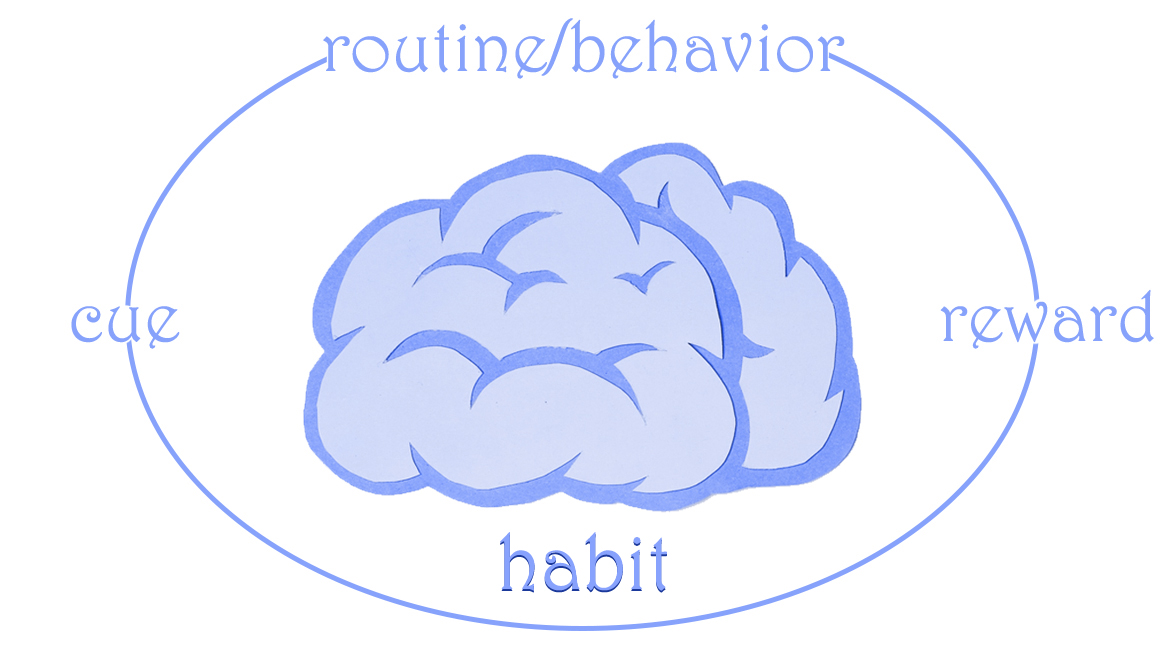NEUROSCIENCE OF HABITS
How to Develop New Habits and Make Them Stick.
Actions that are repeated on a regular basis become habits. Some call that a ‘habit loop’. Based on research, 40 percent of our actions are habitual each day.
Active Habits
In this blog, we will talk about “active habits”. Active habits are intentional and require effort. However, as we practice them, they become automatic and effortless.
Habit Formation
But how are habits formed?
First, there is a cue or trigger that tells your brain to get into automatic mode and act. Then, a behavioral routine is developed. Third, there is a reward, which consolidates the habit.
Neuroscience of Habits
Initially, when we perform coordinated actions, the part of our primitive brain called the basal ganglia is activated along with our prefrontal cortex, also called the executive brain, which decides, orchestrates, and plans movements via a process that is called “chunking”. Once a habit is formed, the brain expends fewer energy resources during its execution.
Habits are maintained via internal (e.g., satisfaction, a better sense of accomplishment, self-worth, pleasure) or external (e.g., praise, money, success) rewards. The rewarding experience triggers the release of dopamine, which leads to a sense of satisfaction and subsequent habit consolidation.
Successful Habits
But how can we make good habits stick?
- Start small and simple. Small changes are more realistic and easier to make.
- Define well and specifically the behaviors you want to increase.
- Make it easy.
- Don’t give up if you have a setback.
- Pair/stack the new behaviors with something you already do, so that previously established behaviors function as cues/triggers. For example, every morning when you drink your coffee, read a useful article for 5 minutes at a time. Coffee drinking will serve as the cue and impetus for the new behavior pairing.
- Repeat the new habit enough times. Based on research, 66 to 70 days of repeated practice are needed to establish a habit.
- Change your environment and make it more conducive to change while making cues more prominent around you.
- Reward yourself.
Dr. Couvadelli is a fellowship-trained neuropsychologist and clinical professor of neuroscience. To book a consultation, please call 800-240-1038.


Add Comment